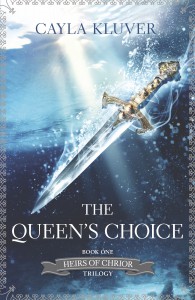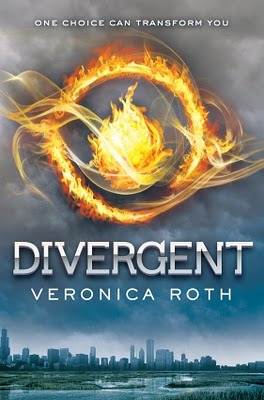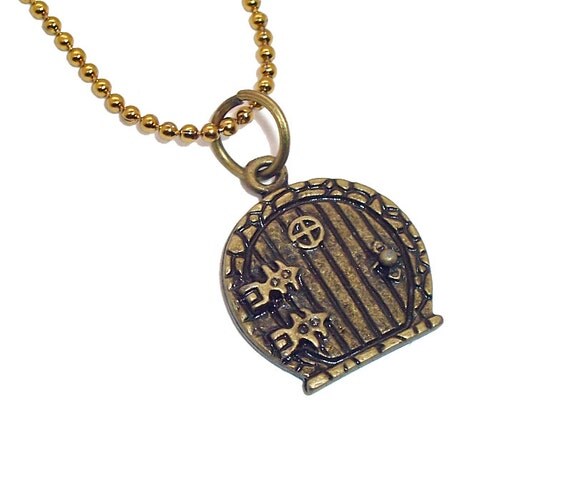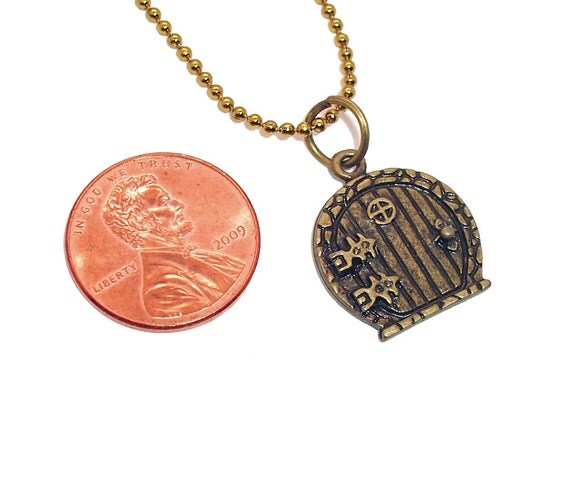The Queen’s Choice by
Cayla Kluver
“Keep silent your screams and never look back”
The Queen’s choice is the first installment of a Young Adult
Fantasy trilogy by Cayla Kluver. The protagonist is Anya, who is the sixteen year old princess
of Chrior—a magical kingdom filled with beings known as Faeries. She puts on
the air of being remarkably cultured and mature for her age, though this does
little to disguise the fact that she also has a taste for adventure and some reckless compulsions that lead her into trouble. Most
prominently, adventures into the world of man.
Her maturity is put to the test however when her Aunt, the
Queen of the Faerie, declares that her niece will be her heir. What’s more,
this news is preceded by the revelation that the Queen will soon die, though of
the circumstances are unclear. Faced with the frightening prospect of having to surrender her freedom
in order to become a ruler that she is not convinced she can be, Anya sets out
to the world of man in order to find her runaway cousin Zabriel in hopes of convincing
him to claim his blood right and become the next ruler of Chrior in her place.
However, the world of man—though exhilarating—is not a safe
place for Faerie to tred, and Anya tragically learns how treacherous it is when
she is robbed of her magic and therefore robbed of her ability to return home.
With no choice but to push forward, Anya stumbles through the world with the
fleeting hope that she can still find Zabriel and right the wrong she committed
by fleeing her responsibilities. The travel is long and arduous, and she makes
friends and enemies in the same stroke and finds the beliefs that she once
defended with zeal shaken to their core.
Something that I really enjoyed about The Queen’s Choice was how multi-dimensional the characters were.
Anya in particular is far from perfect. Her entire quest is fueled by a
decision she makes in the moment and rationalizes to both herself and those
around her. The beliefs that she once professed to hold—especially in regard to
Human/Faerie relations, which is a topic of controversy and even violence in both
Chrior and the human kingdom—are constantly put the test and they do not always
pass scrutiny. Furthermore, the characters around her are all shown to have
fatal flaws. The age old argument of the “good man” versus the “just man” comes
into question more than once, and even the noblest of characters are not
without fault. In the rush of YA novels that have hit the shelves in the past
decade, this honest and forthcoming depiction of the faceted aspect of human
nature is not often hinted at, let alone explored in detail.
Alas, there does come a point when this duality hinges on
bipolar. Anya herself, though I appreciate her struggles, fails to ever really breakaway
from this endless back and forth, and since the story is told through her
perspective this fact is made especially tiresome. There were several junctures
during the last leg of the book when I expected Anya to use all of the
development that had been practically thrown at her to break away from her
mold. Unfortunately, this never really happened in The Queen’s Choice. Her arguments at the end of the novel were no
more enlightened than her arguments at the beginning. Despite the fact that she
has many asides dealing with her internal crises regarding situations that
force her to reexamine her ideologies over and over again, Anya disappointedly
never rectifies these crises enough to revitalize her arguments. While I’m
aware that this is just the first in a trilogy, I can only judge Anya’s development
in this book alone—and it was a little disappointing. I found myself more intrigued by side characters like Illumina,Anya's cousin, whose strange mood swings and somber upbringing, as well as her surprising role in the plot made her far more interesting a study.
Kluver creates a lot of scenarios and obstacles that Anya
has to overcome, and more than once I feel like opportunities were wasted in
regards to developing Anya’s character. This feeling was especially apparent in
the last half of the book, when it seemed like Anya kept coming to the same “realizations”
over and over again, but doing little to act on them. I like the fact that Anya
did not start of the novel as perfect. In fact, she basically tossed aside
everything that we thought we learned about her character in the first few
chapters and revealed that she was not nearly as capable as she made herself
out to be. And I loved the fact that she struggled with this, and that she didn’t
get over it easily. She was tested and tested and tested, and the results were
never favorable. However, when there is a limited amount of space in which to
tell a story, I believe that you need to try to prioritize certain movements in
the characters. At the end of The Queen’s
Choice, I was left with the distinct impression that Kluver intends to
stretch Anya’s growth thinly over the next three books. While It’s naturally
that a character should grow between novels, there also should be satisfactory
growth in each independent book in a series. Overall, I give Kluver kudos for
making very flawed and interesting characters, but I’m also very dissatisfied with their
growth. The set-up was there, but it lacked execution.
The plot of the story is interesting enough. The reader soon
learns that there is a lot more going on than just an issue of ascension, and it definitely kept me engaged enough to read half of the book in one sitting. Though, I'm not entirely sure that this subplot needed to have existed to this extent
in this novel at all. I found myself often questioning things about the Faerie
culture, and the world of this universe in general. For instance, if the Bloody
Road is cursed to humans, how is it that they are able to retrieve the Faerie
that they hunt? It supposed to be poisonous to them, and yet there are at least
two occasions in the story when humans are able to walk on it for a time(Shea,
her Father, and the group of hunters who injure Anya). If the road is so
dangerous, and if the governor of the human lands is so against Faerie hunting,
why aren’t there guards stationed at the road? Why do the Faerie make the
crossing at all, if it is so dangerous? Davic, Anya’s promised, does not, and
it never appears as though he is not viewed as an adult. And yet, isn’t that
what the Crossing is for—helping young Faerie become “adults”? It was almost
painted as a sort of Bat/Bar Mitzvah of Faerie culture, and yet there appears to be
no cultural stigma for nor participating. While I liked the idea, I feel as
though it wasn’t as carefully ferreted as it should have been. Given the fact that this was already a pretty long book for the YA market, I think that Kluver could have spent a little more time in Chrior hashing out some of these issues before jumping into the main plot.
Speaking of adulthood, only one character in this story--Shea--appears to act their age. The fact that most of the cast is in their teens is
truly baffling to me. It almost seemed as though this book was written with
older characters in mind, but the ages were reduced in order to make it fit
with YA conventions. However, I will give Kluver credit for at least addressing
this incongruity once or twice, when Anya realizes that she’s nowhere near the
adult she once thought herself to be. All of this turns out to be moot however,
since this is not an isolated incident. If it were just Anya, or maybe just the
Faerie themselves, then maybe I could understand. Maybe I could accept the fact
that she is just an exceptionally mature sixteen year old, or that Faerie
mature quickly compared to humans. However, as even the human teenagers act
like twenty-somethings it’s kind of difficult to maintain this logic. Don't get me wrong--I don't like to read about silly teenage anghst. I can appreciate mature and responsible, young leads. However, it would have been nice if the characters who were teenagers actually made more youthful mistakes. Whenever they did, it seemed as though they simply snapped back to mature mode, perhaps a little too quickly to be believable. Also,
there’s the dangerous whiff of a love triangle that forms at the end of this
story, and I abhor love triangles. Fortunately, it’s fairly muted for most of
the novel.
Overall, I did enjoy this book for what it was. I reached
the halfway point very eagerly, though as I was approaching the end I realized
that I wasn’t going to get the development I was looking for and I slowed down
considerably. As I wrote earlier, I enjoy the different dimensions of the
characters. I like the idea of the plot, and I think it could have been
strengthened with a little tweaking. I will pick-up the next book in the
trilogy when it comes out, though I will probably wait for the paperback
edition. Though this book had issues, I want to see if the Heir trilogy holds
up better as a whole than it does as independent novels. It certainly has the potential going for it, and I'm not ready to write it off for a few flaws versus the parts that I really enjoyed.
Buy, Borrow, or
Bypass: If you’re intrigued by the description and other reviews of this
book, I’d advise you to buy it—but do so when it’s in paperback. I bought the
hardcover on a whim for the steep price of $17.99 USD, and though I did like
the book I would not be willing to spend the same price on the remaining books
in the trilogy. Borrow the book if you’re only mildly interested, but I wouldn’t
recommend bypassing this work. It has some merit to it, and it’s a fairly easy
read as well as a descent set-up for the next book.














